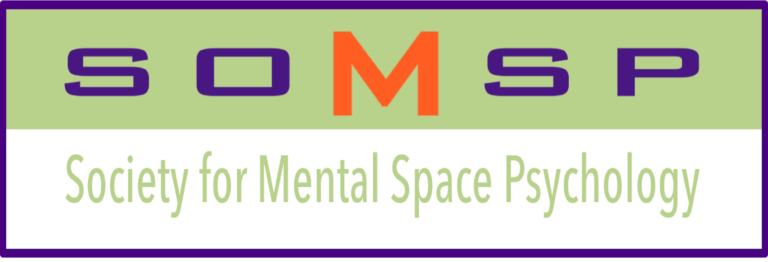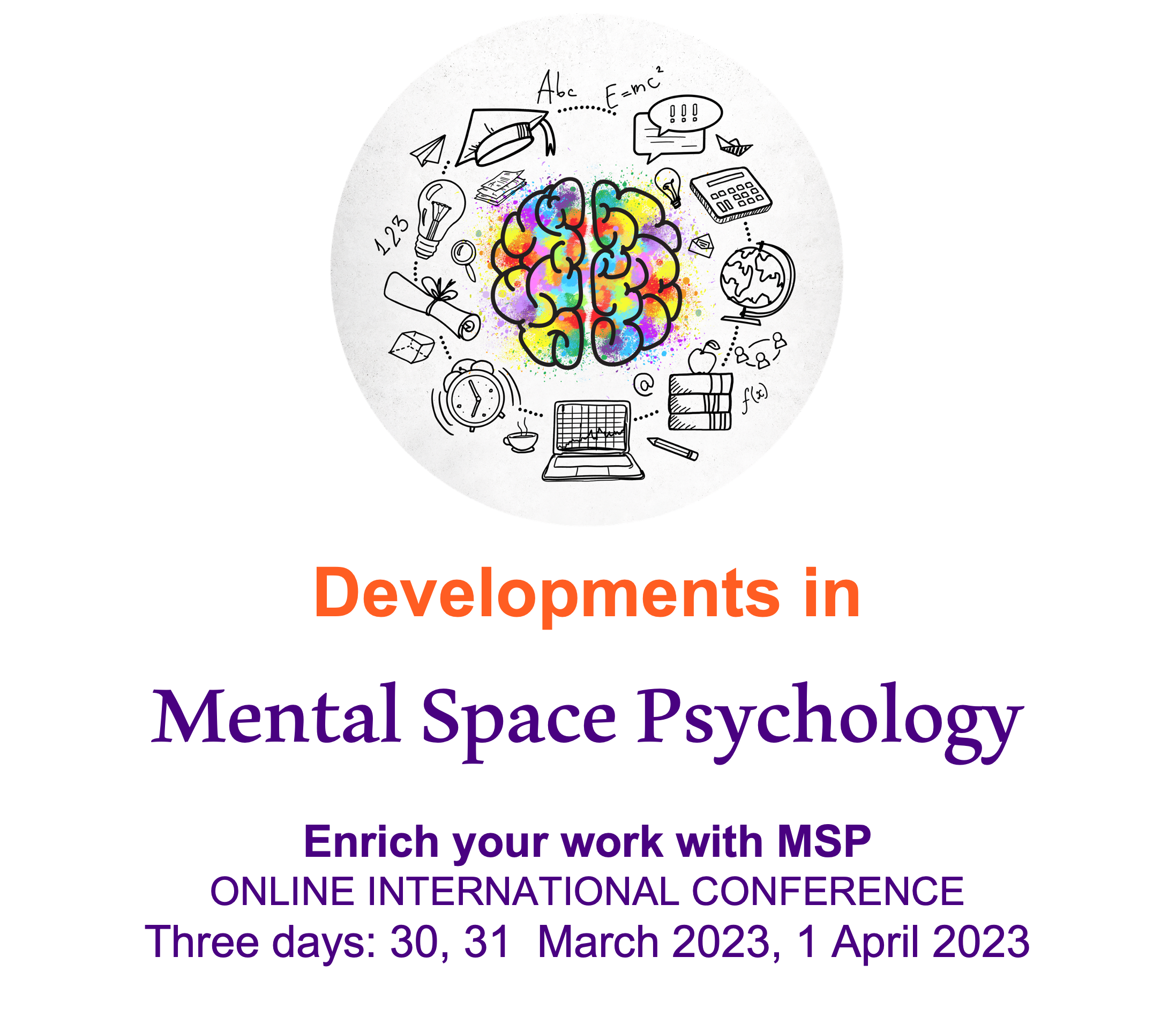
Dr. Lucas Derks
“How the Vision of Mental Space Psychology develops”
Check the time schedule for timeslot(s).
Presentation description:
First some broad generalizations to orient ourselves.
Psychology has abandoned the method of introspection a century ago. What was left was a science fascinated but also caught up with all manner of measuring tools to produce objective facts and numbers about the psyche. Reducing the psyche to its material part, the brain, has led to the current popular neuroscientific paradigm.
In effective psychotherapies, one cannot get around introspection, since most psychological processes are combinations of memory and imagination, only accessible over introspection.
A logical result was a divide between clinical practice and scientific research. Scientific clinical psychology is largely limited to the measurement of the effectiveness of psychotherapy methods with tools like questionnaires, biomarkers, EEG, PET and fMRI scans: leading to the criterion of ‘evidence-based’ psychotherapy. The actual knowledge about what is subjectively going on in the mind is largely fostered by many different schools of psychotherapy. But this type of “introspective” knowledge is still sidelined by academic psychology.
Mental Space Psychology appears to have overcome some of the methodological and other scientific weaknesses of the original introspection method that dated from the 1900s. MSP enables research into the mind in an introspective manner without going into the content of the thoughts and experiences under scrutiny. By doing that, MSP connects directly to a great number of psychotherapeutic methods that make use of mental spatial methods. Thus, Mental Space Psychology, may help bridge the gab between academic psychology and psychotherapy. The questions in focus in this lecture will be: How will that materialize in the near and far future?
Bio:
Lucas A.C. Derks Ph.D
After an extensive training in art, Lucas studied social psychology. His acquaintance with NLP from 1977 onwards, brought him to develop a social psychological extension of NLP, the Social Panorama Model in the middle of the 90s. Ever since, he was applying, testing, and teaching this method globally. While working with the social panorama, and in cooperation with several colleagues with a similar interest, he came to a generalized view on the psyche: Mental Space Psychology. Being aware of the high potential of this concept, the Society for Mental Space Psychology was founded. Lucas’ main obsession is to bring MSP ideas to practitioners and scientist alike. Where the former group seems to be relatively receptive to this, the latter are not so much. Within this spectrum lye some wonderful challenges ahead.

